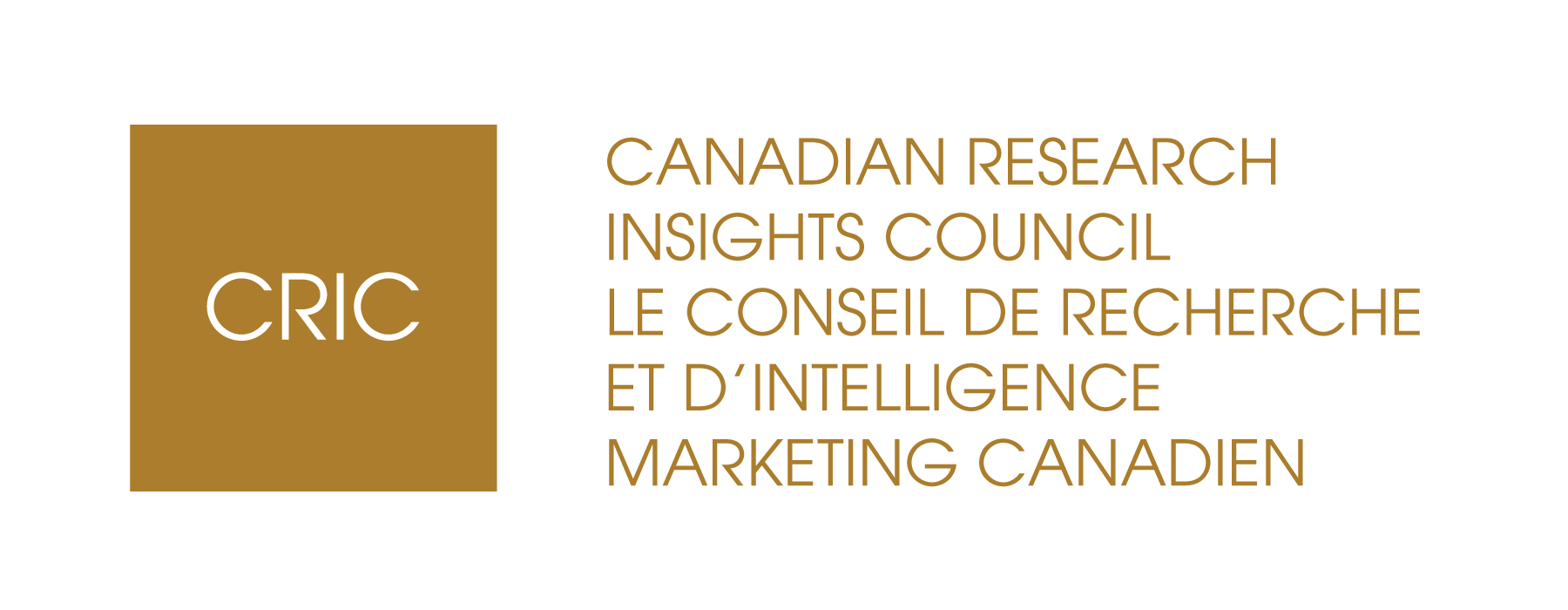The results are in and public opinion researchers have, once again, demonstrated that survey research remains a valuable tool in helping Canadians make informed election decisions. The surveys released by CRIC member companies predicted a very close race and the numbers in the final surveys were all within a few percentage points of the actual results.
The reason that surveys work – when they are done well – is that they are based on methodologies rooted in statistical science and rigorous adherence to standards that have been developed over many decades by the world’s best statistical experts.
“Reliable election polling is a major contributor to a strong democracy by transparently reporting on the campaign, the issues that are important to voters and the choices presented,” said Frank Graves, Chair of CRIC’s Public Opinion Research Thought Leadership Council and Founder and President of EKOS Research. “CRIC members take this responsibility to democracy very seriously and that is why we have adopted world-class ESOMAR standards and complemented them with very high Canadian standards and rules related to respondent rights and research transparency.”
CRIC member companies adhere to the highest level of transparency in reporting by complying with the CRIC Public Opinion Research Standards and Disclosure Requirements. These standards serve as an important tool to help the public and the media assess the quality and validity of research that is released into the public domain.
“In today’s era of misinformation and fake news, verifying the validity of polls is more important than ever,” stated Gary Bennewies, Chair of CRIC and President and CEO, Ipsos Canada. “Poor quality polls can misinform voters and hinder democracy.”
By following the highest standards and best practices, CRIC members have been consistently accurate in predicting federal elections. Surveys conducted by CRIC member agencies in the final week before the 2019 Canadian federal election were all highly accurate, as outlined in an article in Policy Options by Claire Durand, professor in the Department of Sociology at Université de Montréal and past president of the World Association for Public Opinion Research.
A global analysis (ESOMAR) into the accuracy of surveys concluded that done well, surveys overwhelmingly continue to correctly predict election outcomes. The study looked at more than 31,000 surveys from 473 voting events across 40 countries spanning 1936 – 2017, and found that at a global level, the average error of surveys conducted within seven days before an election is +/-2.5%. The ESOMAR study included surveys from the four Canadian federal elections previous to 2019 and found that Canadian survey researchers performed well with average errors below the global average.
To help the media when deciding whether to report on the results of research, CRIC has published a list of “10 questions journalists should ask before publishing the results of a survey.” CRIC also maintains a directory of its member companies who regularly release research in the public domain.
About CRIC
The Canadian Research Insights Council (CRIC) is Canada’s voice of the research, analytics and insights profession both domestically and globally. CRIC represents the highest standards, ethics and best practices; provides effective promotion and advocacy of the industry; serves as a source of information and thought leadership; and is a forum for collective industry action. For more information, visit www.canadianresearchinsightscouncil.ca or contact John Tabone at [email protected].
Contact Us
For more information, contact John Tabone, Chief Administrative Officer:
